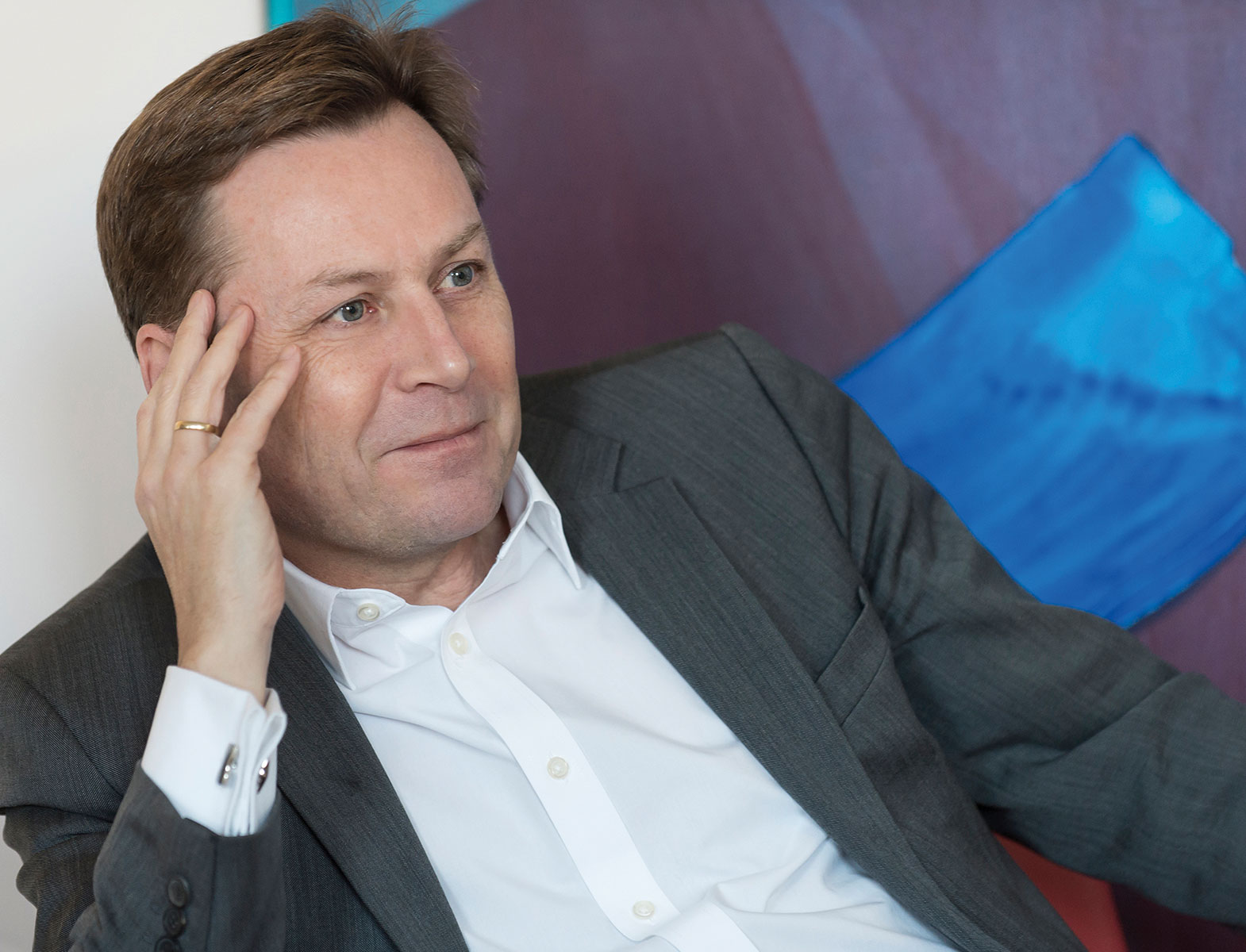The University of Potsdam has been involved in setting up the Climate Change Center Berlin Brandenburg from the beginning. What are the main topic and research areas that the University wants to bring to the Center and what synergies do you hope to achieve?
In addition to its expertise in the traditional natural sciences, the University of Potsdam is contributing to the Climate Change Center Berlin through its subprojects in political consultancy. We’re planning to develop a comparative analysis of cities and regions, focusing on the legitimacy of procedures and outcomes. We need a comparative overview of existing conflicts in Berlin and Brandenburg, for example in education, big data institutions, and across society.
Why do you think it is important for scientists and academics from Brandenburg and Berlin to work together more closely on climate?
Berlin and Brandenburg are home to a large number of research institutions. These organizations have to cooperate because when it comes to climate change and protecting the climate, you cannot separate urban centers from the surrounding rural areas in terms infrastructure, transport, power supply, and water – you have to take into account how these things interconnect across the region.
The University of Potsdam has embedded climate change management into its work and aims to become a climate-neutral campus. Are there any best practices you can highlight in this regard?
Mobility accounts for a large amount of the University’s carbon footprint. We have already taken action in this area by offering our staff a discounted travel pass to ride on public transport and by introducing campus bikes. Through our climate change fund, air travel is subject to a levy which is channeled into climate change projects at the University of Potsdam; this provides an incentive to make official travel undertaken by members of the University more climate-friendly. Other key improvements could include even better public transport connections and a climate-neutral Semesterticket (travel pass for students), but the University management has limited scope to influence these aspects.
Constructing new climate-neutral buildings and refurbishing the existing stock to make it more energy efficient are also important in achieving climate change goals. This is the responsibility of the state-owned Bau- und Liegenschaftsbetrieb (BLB – building and real estate management). However, the University has itself introduced a heating savings premium for its institutes and departments. Rolling out energy management is also a priority for us.
The interview was conducted in March 2022.
Picture: privat


